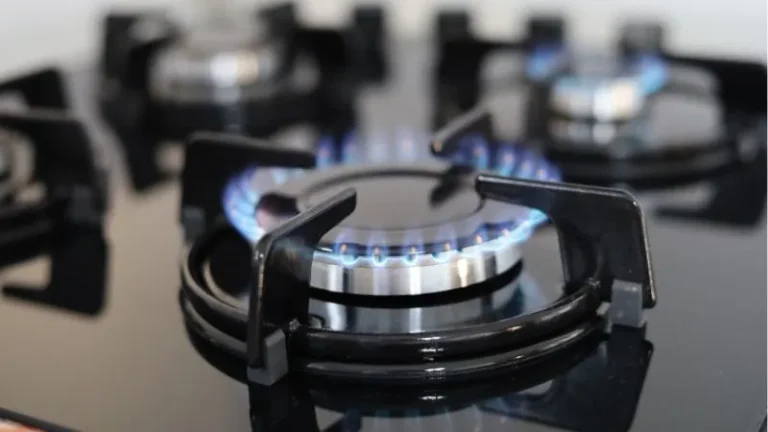New research released today has revealed that a majority of residential battery storage systems commonly sold in Australia have warranties that breach Australian Consumer law and some could be inappropriate in the hot Australian climate.
Ensuring Consumer Protections for Purchasers of Residential Battery Storage Systems, by Dr Penelope Crossley of the University of Sydney, was produced for PIAC’s Energy + Water Consumers’ Advocacy Program (EWCAP).
The report, launched at the All-Energy 2017 conference, analyses the warranties offered by 14 different manufacturers covering 31 residential battery storage systems that are available in the Australian market.
‘Residential battery storage system sales are booming, as consumers seek out ways of countering some of the highest electricity prices in the world,’ said Craig Memery, PIAC’s EWCAP Team Leader.
‘High installation costs, generally over $5000, are proving no barrier for many consumers, with almost 7000 systems installed in 2016, and that figure is predicted to triple in 2017 as these costs continue to fall.
‘But we found that some warranties in this emerging market aren’t giving consumers the protections they would normally expect when they buy a household appliance.
‘And without much comparative information on the performance of difference systems, consumers are having to make choices in the dark,’ said Craig Memery.
‘That’s why Dr Crossley and PIAC have produced a fact sheet of the top things for consumers to look out for in a residential battery system warranty. Consumers need to do their homework when selecting a system, so they don’t get caught out if things go wrong,’ added Craig Memery.
Report author Dr Penelope Crossley said consumers may be shocked to discover the majority of contractual warranties offered by battery manufacturers in the Australian market were in breach of the Australian Consumer Law.
‘We found warranties that were void in temperatures that commonly occur in many parts of Australia, warranties that commenced at the point of manufacture, potentially wiping a year off warranty coverage before they even reach consumers, and warranties that allowed the seller to decide what to do if the system failed,’ said Dr Crossley.
‘If battery storage systems are to live up to their promises, there is an urgent need for reform of the contractual warranties being offered in the Australian market. These warranties need to comply with Australian Consumer Law and allocate the risks of product failure of this emerging technology more fairly between battery manufacturers and Australian consumers.’
Some common problems identified with battery warranties included:
- Provisions for repair and replacement that incur a range of hidden costs for the consumer, including costs of removing and shipping the defective battery, and installing or reinstalling the repaired or replaced battery;
- Warranties that seek to limit maximum operating temperatures to levels below the mean daily temperature in some Australian cities;
- Warranties that commence at the date of manufacture, rather than the date of sale, which could be as much as 12 months prior to installation;
- Warranties that breach Australian Consumer Law and limit prospective damages claims to a maximum amount of the purchase price.
Download the fact sheet: ‘Top things to check in a residential battery storage system warranty’
Read the full report or the executive summary.
MEDIA CONTACTS: PIAC Media and Communications Manager, Gemma Pearce: 0478 739 280 or Dr Penelope Crossley: 0449 232 474.

HPLS Solicitor Jeremy Rea wins Bondie Award